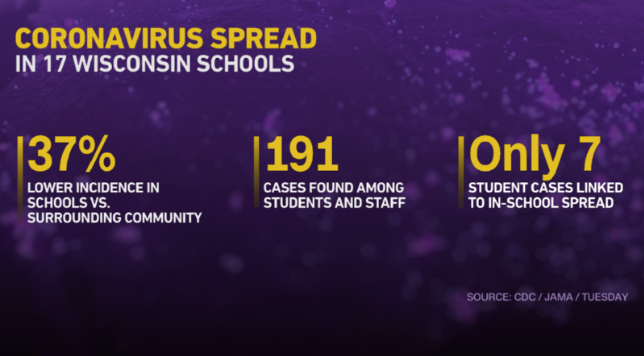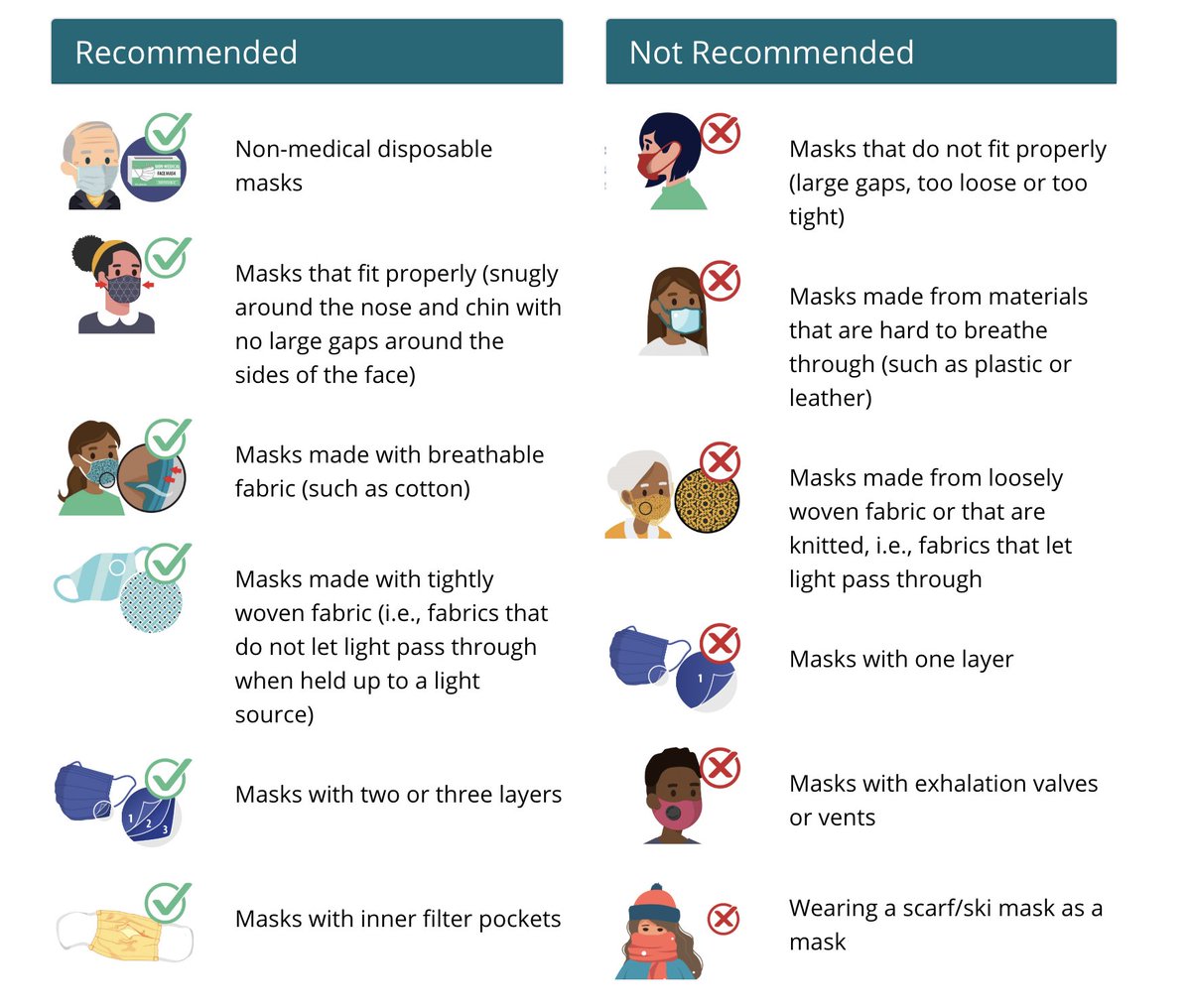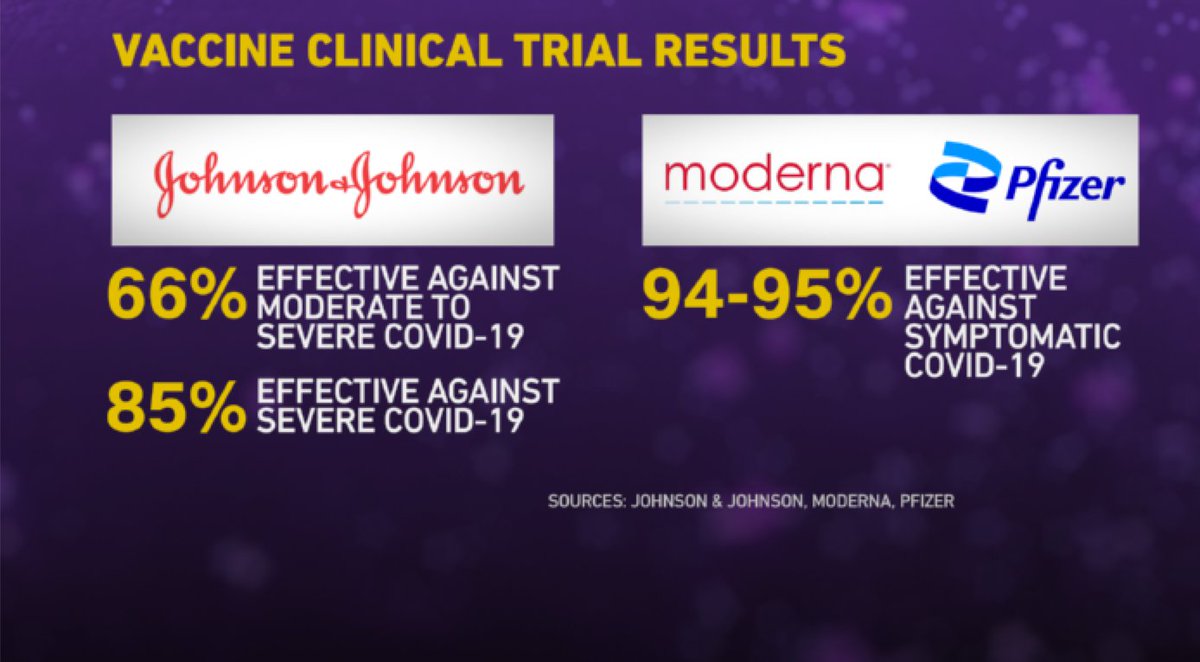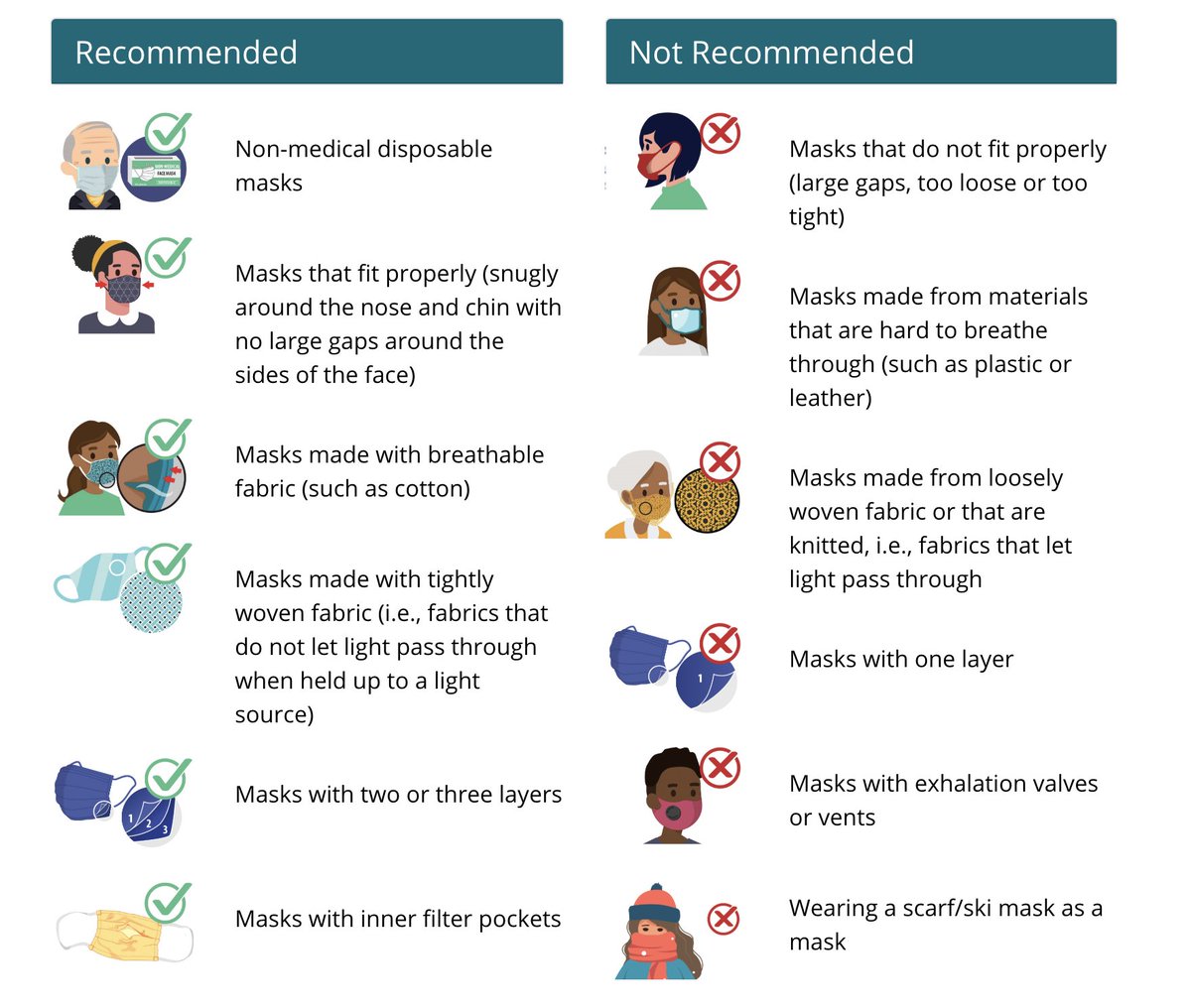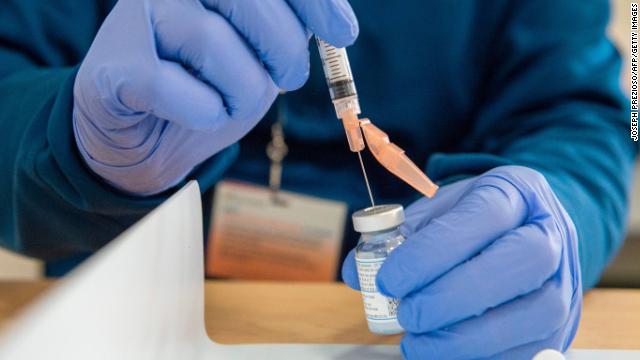
Having 3 authorized vaccines is an incredible scientific feat, but like I’ve said before: vaccines aren’t vaccinations. So, still have lingering vaccine questions?@CarlosdelRio7 @PreetiNMalani did the work for you and broke down what we know. 1/8
When it comes to which vaccine you should receive, they say get whatever is available. Eventually, when there's more supply, the mrRNA vaccines could provide an advantage for higher risk folks. J&J vaccine is great for people who wouldn’t be able to return for a 2nd dose. 2/8
There isn’t clear evidence that the vaccines prevent transmission yet. There’s some early data that this could be the case, but they add that: “Protection against transmission may be difficult to prove because a decline in infections may be due to multiple factors.” 3/8
del Rio and Malani say while we still don’t have clear guidance on what you can do one you’re fully vaccinated, that it’s likely safe to socialize with other fully vaccinated people, but we still need to follow the usual public health guidelines.😷 4/8
What about variants? They point to data showing Moderna and Pfizer’s vaccine seem to do well against B.1.1.7 (from UK), but we have seen vaccines not do quite as well against B.1.351 (from SA). 5/8
Re intervals between doses - there is clear guidance on this. “The CDC has indicated that the second immunization can be administered up to 42 days, or 6 weeks, after the initial inoculation.” Oh, and don’t mix and match vaccines except for “exceptional situations.” they say. 6/8
Though we don’t know how long immunity lasts, we at least know: "Like most vaccines, the COVID-19 vaccines have multiple mechanisms for preventing infection. The first involves the production of antibodies; the second involves the induction of responses in memory T cells.” 7/8
• • •
Missing some Tweet in this thread? You can try to
force a refresh

